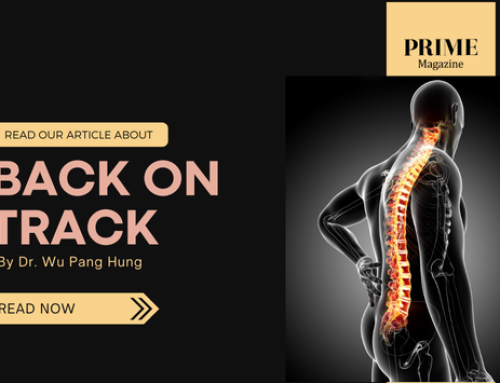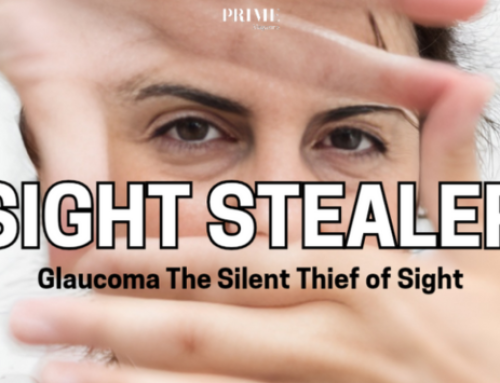Cancer is the leading cause of death in Singapore. What exactly is cancer? Cancer is the uncontrolled growth of cells which can invade and spread to distant sites of the body, with severe consequences. Are you concerned about cancer prevention? Take comfort in the fact that some simple lifestyle changes can make a big difference! Here are some things you can do to help prevent cancer.
Avoid non-stick cookware
Non-stick cookwares contain a non-stick coating that contains PFOA (perfluorooctanoic acid) and other perfluorinated compounds (PFCs) which are used to make grease-resistant food packaging and stain resistant clothing as well. Research has revealed that these toxins may accumulate in your blood and potentially lead to chronic diseases such as cancer over time.
Load up on dark greens
Wondering what to choose for your salad mix? Reach for the darkest varieties! The chlorophyll that gives them their colour is loaded with magnesium, which some large studies have found lowers the risk of colon cancer in women. Magnesium affects signalling in cells, and without the right amount, cells may divide and replicate when they should not.
Water down your risk
Drinking plenty of water and other liquids may reduce the risk of bladder cancer by diluting the concentration of cancer-causing agents in urine and helping to flush them through the bladder faster. Staying hydrated also reduces the risk of colon cancer by 45%.
Drink coffee or tea
Coffee and tea are known to contain high levels of caffeine and antioxidants. Studies show that those who drank 5 or more cups of caffeinated coffee a day had a 40% decreased risk of brain cancer, compared with people who drank the least. Do note that decaffeinated coffee had no comparable effect on reducing the risks of cancer.
Get more sun
Studies have shown that vitamin D deficiency can reduce communication between cells, causing them to stop sticking together and allowing cancer cells to spread. Vitamin D may also help promote proper cell maturation and reproduction; kinks in these processes can lead to cancer growth. Get your daily dose of vitamin D from the sun: almost 90 percent of your body’s vitamin D comes directly from the sunlight – not from food or supplements. Avoid overexposure, which can cause skin cancer – you only need a few minutes a day to produce adequate vitamin D levels. Avoid the midday sun (10am-4pm) and apply sunscreen when you are outdoors!
Cut down on salt
Salt may enhance the flavour of a meal, but it also raises the risk of high blood pressure and stomach cancer. Salt is believed to be linked to cancer as it damages the stomach’s lining. The body only needs a small amount of salt, which is a compound made up of sodium and chlorine. Our daily salt intake should be less than 6g – when reading labels, look out for “sodium” as it is another name for salt. To work out how much salt a food contains, multiply the sodium content by 2.5. Try using herbs and spices, or even fruits (eg. lemons) for flavours instead!
Stop topping your gas tank
Pumping one last squirt of gas into your car after the nozzle clicks off can spill fuel and foil the pump’s vapour recovery system, designed to keep toxic chemicals such as cancer-causing benzene out of the air, where they can come into contact with your skin or get into your lungs.
Keep your rooms dark at night!
Research shows exposure to light at night may increase the risk of ovarian and breast cancer in women. Light suppresses the normal production of melatonin, the brain chemical that regulates our sleep-wake cycles, which could increase the release of estrogen-fuelled cancer. A study also showed that breast cancer risk was increased among women who did not sleep during the times when their melatonin levels were highest.
Lead a healthy lifestyle
This is one piece of advice that has been repeated over and over again for the prevention of all diseases – leading a healthy lifestyle. Simply put, it means eating a healthy diet, exercising regularly and keeping your weight in check. Avoid smoking and excessive consumption of alcohol. You are responsible for your health – get a health check annually or twice a year, as the screening allows you to find diseases or medical conditions early while they are easier and less expensive to treat.










